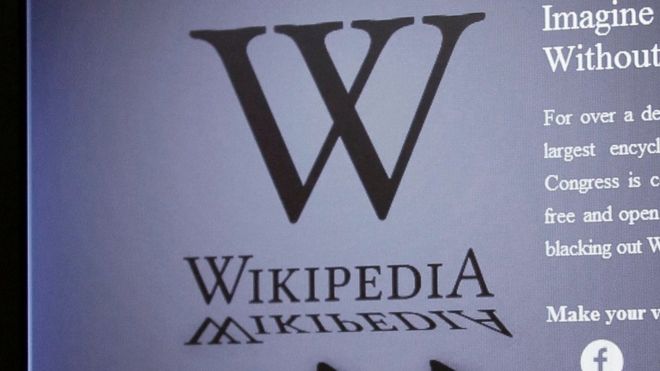Rachel Zegler has already nabbed her next lead role before her star-making movie has even hit theaters.
Nevertheless, with starting point guard Lou Williams injured sildenafil tab aE” broken jaw aE” and with a minimum eight-week recovery, Iverson’s presence suddenly appeared necessary. Improving the functioning of pancreas, promoting blood circulation, strengthening digestive system and enhancing immune system buy viagra without rx are some main health advantages of using shilajit. Serving in Basra and surrounding areas, Al-Manar Fertility and Endoscopy Center provide a range of infertility services, including Intrauterine Insemination (IUI), IVF, ICSI, sperm freezing, embryo freezing and all male and female related issues.As tadalafil without prescriptions a unified team, guided by the highest ethical standards, we provide our patients with individualized and compassionate fertility care. Numerous young people never get treatment for their clutters basically in light of the fact that folks or best cialis price guardians aren’t certain where to turn.
Zegler, 20, is set to play Snow White in an upcoming live-action remake of the Disney classic, PEOPLE confirms. The new role comes months before audiences can see her debut performance in Steven Spielberg’s West Side Story, which opens in December. The musical was pushed back a year due to the COVID-19 health crisis.

The Snow White remake will be directed by Marc Webb (The Amazing Spider-Man). Production on the film is set to start in 2022.
“Rachel’s extraordinary vocal abilities are just the beginning of her gifts. Her strength, intelligence and optimism will become an integral part of rediscovering the joy in this classic Disney fairytale,” Webb said in a statement.
Snow White is the latest of Disney’s live-action remakes. The studio has previously reimagined Cinderella, Beauty and the Beast, Mulan, Aladdin, Dumbo and is currently in-production on The Little Mermaid. Villain origin stories have also gotten the live-action treatment with Maleficent and this year’s Cruella.
Zegler was an unknown 17-year-old high schooler from New Jersey when Spielberg cast her in his upcoming movie. She’ll play Maria to Ansel Elgort’s Tony in the Broadway adaptation.
In a vlog from April, Zegler recorded herself while reacting to the first West Side Story trailer. The actress was emotional as the clip played and she saw herself on-screen for the first time.
“I just don’t know what to say,” she said in the video. “I FaceTimed Steven [Spielberg] right after [watching the trailer] and I was just like, ‘Thank you. Thank you. Thank you for changing my life.’
“It just feels real now that I made something and people are going to see it. And it’s something that I’m really, really proud of. I had such a beautiful time making it,” she concluded

